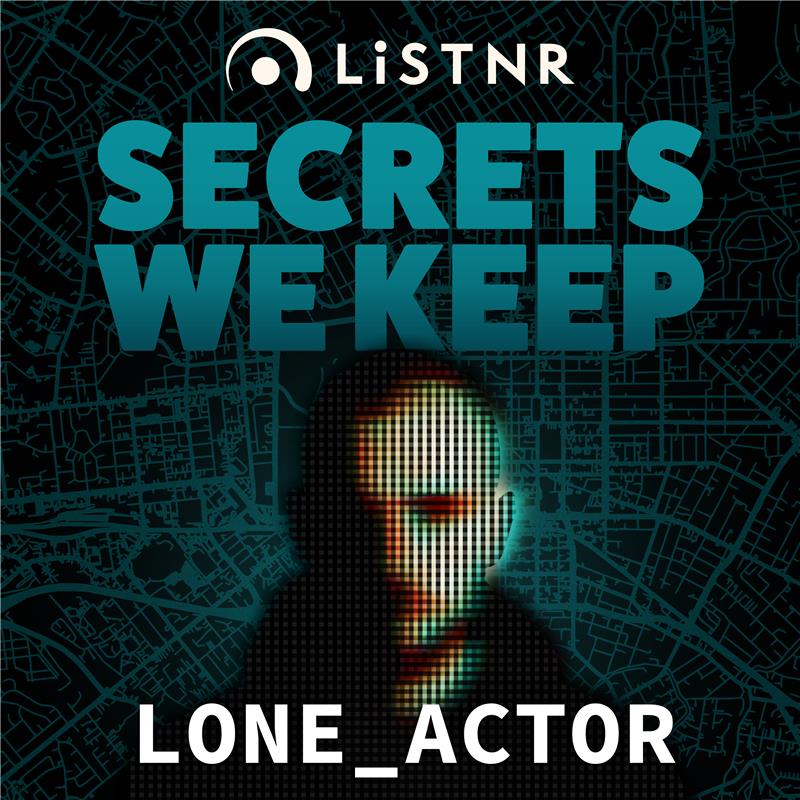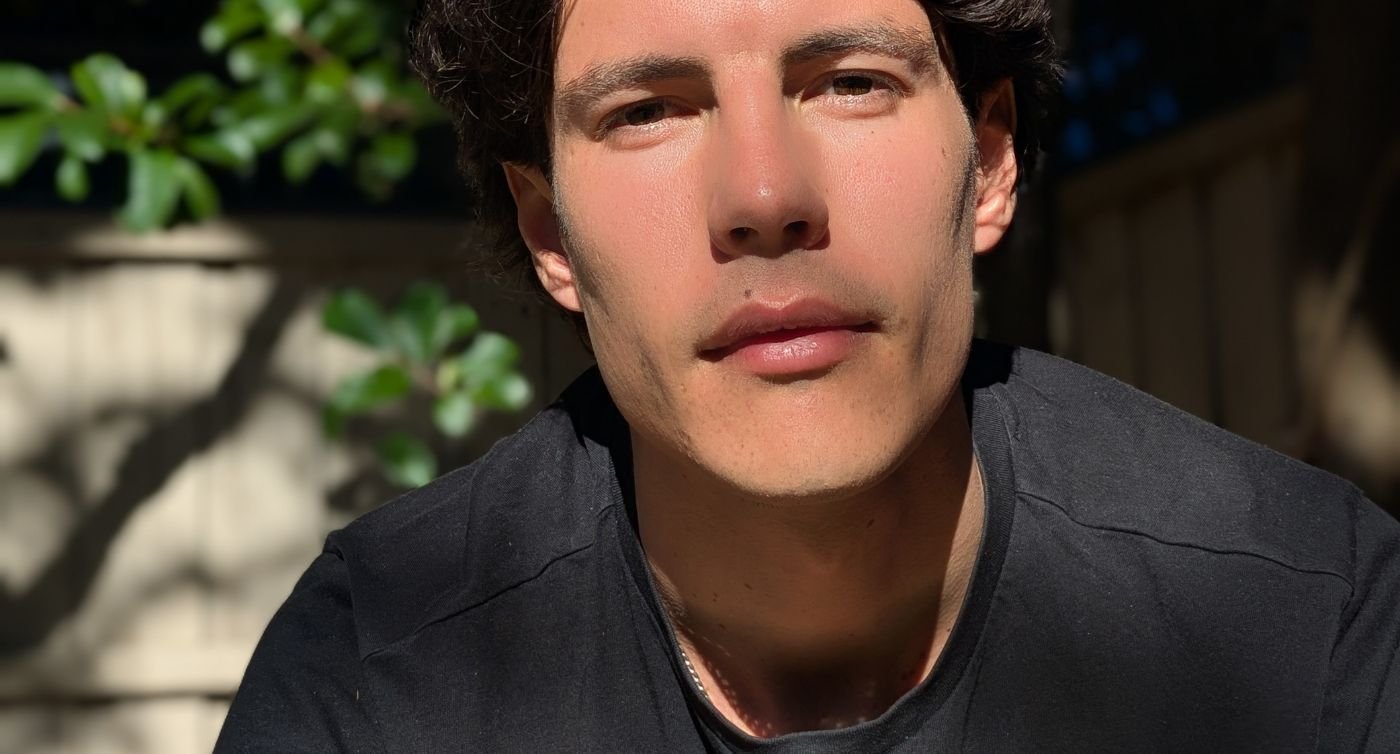On March 15, 2019, a devastating attack rocked Christchurch, New Zealand, when a gunman killed 51 people at two mosques.
Official reports labelled him a lone actor, but what if there’s more beneath the surface? Secrets We Keep: Lone Actor is a gripping six-part podcast series that traces the path of Australia’s deadliest terrorist, revealing a story far more complex than previously told.
Available exclusively on LiSTNR from today, it’s the latest chapter in the acclaimed Secrets We Keep podcast.
Investigative journalist Joey Watson takes listeners on a revealing journey into the digital world that influenced Brenton Tarrant, a radicalised young man from Grafton. Watson exposes new evidence showing Tarrant was not acting in isolation.
From earlier signs of violent intent dating back to 2015 to links with a global neo-Nazi terror network, and fresh insights from photos of his Dunedin apartment, the series uncovers details never before reported.
Watson’s connection to this story is deeply personal. As a grandson of Holocaust survivors with family ties to Linwood, one of the Christchurch suburbs targeted in 2019, his perspective brings unique depth to the investigation.
In the following Q&A, Watson shares what drove him to pursue this story, the challenges of uncovering new truths, and what the Lone Actor series reveals about the dangerous realities of modern extremism.

Mediaweek: Your podcast challenges the idea that Brenton Tarrant acted alone. What evidence did you uncover that complicates the official ‘lone actor’ narrative?
Joey Watson: The attack in Christchurch shocked Australia, and brought the growing threat of global far right extremist violence home for most Australia, but soon after it seemed to fade from public memory. He came to be soon as a hate fuelled loner who snapped. I found the terrorist was actually deeply connected to as series of overlapping extremist ecosystems which had shaped his ideology, and assisted his preparations as he revolved to violence years earlier.
MW: You’ve traced Tarrant’s radicalisation back to Grafton. What warning signs or missed opportunities did you identify at a local level, and how far back does this story really go?
JW: After the attack journalists from all around the world descended on Grafton to try and work out what had gone wrong. While the terrorist did have difficulties growing up, I found that the answers to his radicalisation actually happened later in his life, after he’d left.
He had become immersed in online world’s that were invisible to most people, where people were discussing hard core extremist philosophies and producing propaganda that encouraged violence. He’’d also travelled extensively. Two trips he’d taken to Eastern and Central Europe were pivotal, and I learned a lot following in his footsteps in that part of the world.
MW: Secrets We Keep often goes beyond what’s in the public record. Were you surprised by how much new information was still out there, six years after the attack?
JW: Australia has never had an official inquiry into what led this 28-year-old man from Grafton to carry out such unimaginable violence. The Royal Commission in New Zealand did look into his trajectory, but this was only one part of an extensive terms of reference which meant it had a lot to deal with.
In my investigation I really tried to zoom out and truly understand all of the world’s he was living in before the attack and how they influenced him. As I started to put everything together, I began to see everything we’d missed.
MW: This podcast touches on online extremism, global networks and domestic surveillance. Based on your investigation, are our national security systems equipped to respond to this kind of threat?
JW: The world of far-right extremism is violent, and self-destructive, but it is also ever changing and fast moving.
Many of the platforms that the Christchurch terrorist used have disappeared, and new ones have sprung up in their place. The challenge for security agencies is to try and stay ahead of the threat, and not just to be reactive.
MW: Emotionally and journalistically, this is heavy terrain. How did you navigate the ethical challenges of telling this story, especially given the trauma still felt by survivors and families?
JW: I knew this investigation was important, but I was extremely anxious about the possibility of amplifying terrorism.
After speaking to members of the victim community, I was reassured that this investigation was the right thing to do. There were too many unanswered questions, and this story, and the threat it represents, has been too misunderstood for too long. I kept their stories and their provocations close to my heart.
